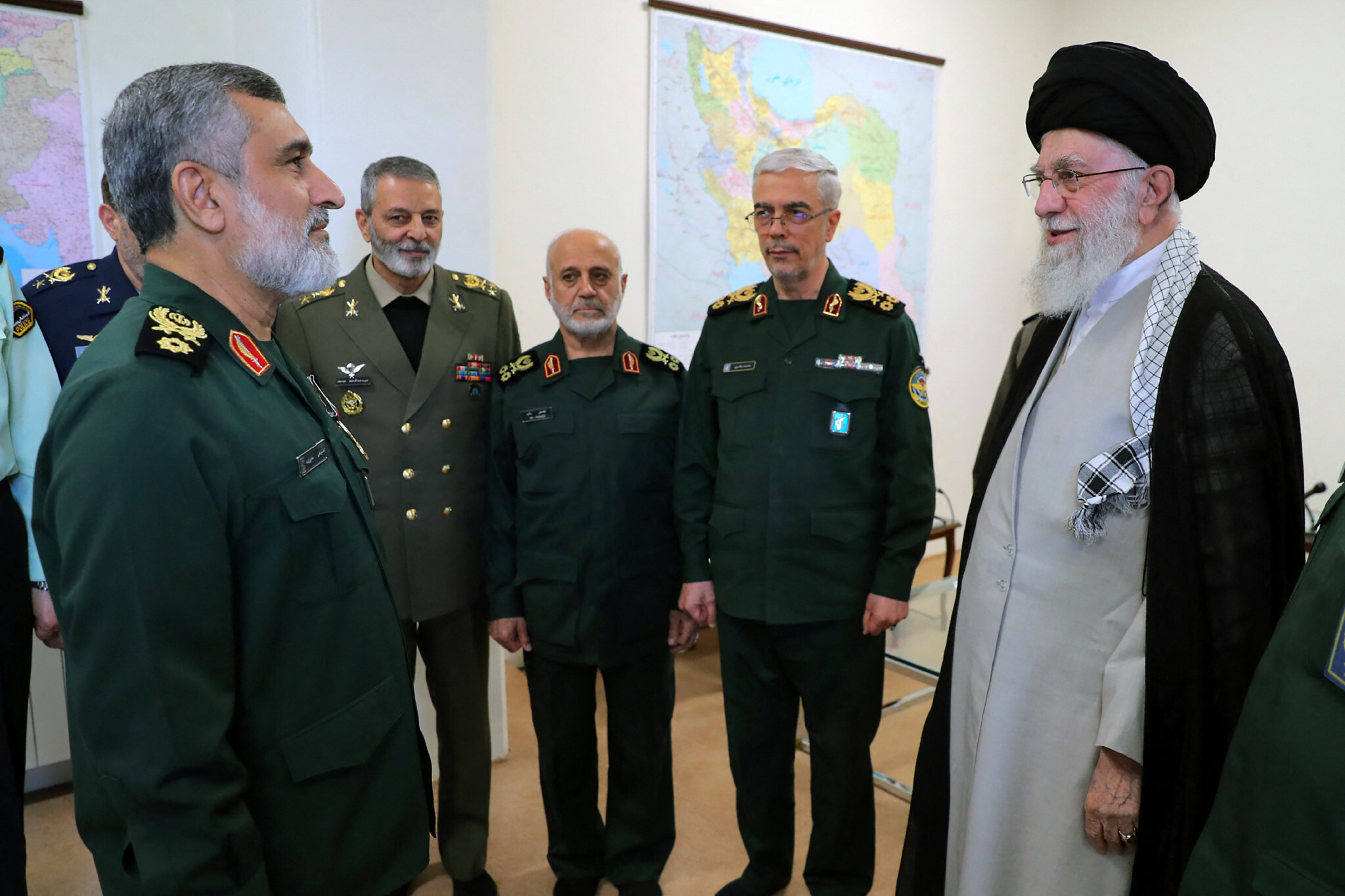
An Iranian official says that Gulf states must not let Iran use their skies against them
A top Iranian official said that Iran has told Gulf Arab states that it would be “unacceptable” for them to let Iran use their airspace or military bases against them. They have also been warned that they will be punished if they do so.
The official also said that so far, there have been no talks about what Gulf states could do to keep the oil market stable if Israel attacked Iranian energy sites.
These words come as worries about possible Israeli revenge for Iran’s missile attack last week grow. On Wednesday, Iran’s Foreign Minister Abbas Araqchi will meet with leaders from Saudi Arabia, other Gulf states, and Qatar for talks.
They came after talks between Iran and Gulf Arab capitals last week at an Asia conference in Qatar. During those talks, Gulf states tried to reassure Iran that they would stay out of any war between Tehran and Israel.
“Iran made it clear that any action by a Persian Gulf country against Tehran, whether through the use of airspace or military bases, will be regarded by Tehran as an action taken by the entire group, and Tehran will respond accordingly,” a top Iranian official told Reuters.
“The message emphasised the need for regional unity against Israel and the importance of securing stability,” he added.
“It also made clear that any assistance to Israel, such as allowing the use of a regional country’s airspace for actions against Iran, is unacceptable.”
A person familiar with the situation says that U.S. President Joe Biden will likely talk about any plans to strike Iran during his phone call with Israeli Prime Minister Benjamin Netanyahu on Wednesday.
A different person who was briefed on the talks said that Washington wants to weigh in on whether the reaction is right. When asked for a statement, the White House did not give one.
Biden said last Friday that if he were Israel, he would think about other options besides attacking Iranian oil fields. He also said last week that he would not back Israel attacking Iranian nuclear targets.
OPEC’s actions are not being talked about.
The Iranian official said that Tehran did not talk about the subject of Gulf Arab oil producers increasing production if Iran’s production were to be interrupted during an escalation.
According to Israeli officials quoted by the U.S. news website Axios last week, Israel could attack oil production sites in Iran as a response.
Saudi Arabia is the de facto leader of the Organization of Petroleum Exporting Countries (OPEC). OPEC has enough extra oil capacity to make up for any loss of Iranian supply if Israel attacks and damages some of Iran’s facilities.
A lot of OPEC’s extra oil is in the Gulf area in the Middle East. Iran hasn’t actually said it will attack oil sites in the Gulf, but it has said in the past that “Israel supporters” will be targeted if they get involved directly.
In recent years, Saudi Arabia, which exports a lot of oil, has made political peace with Iran. This has helped ease tensions in the area, but relations are still tough.
Iran’s attack on Saudi Arabia’s oil plants in 2019 shut down more than 5% of the world’s oil supply for a short time. Since then, Saudi Arabia has been afraid that Iran will try to do the same thing again. Iran denied being involved.
A Western official in the Gulf said that at the meeting between Iran and the Gulf states on Thursday in Doha, Iran made it clear that it had called for unity in the region in case of an Israeli attack and that it thought that Gulf states should at least be neutral.
The diplomat said that Iran made it clear that it would closely watch how each Gulf country reacted to an Israeli attack and how U.S. bases in those countries were used.
The United Arab Emirates, Bahrain, Kuwait, Qatar, Saudi Arabia, and the United Kingdom are all home to U.S. military bases or troops.
All Categories
Recent Posts
Tags
+13162306000
zoneyetu@yahoo.com



